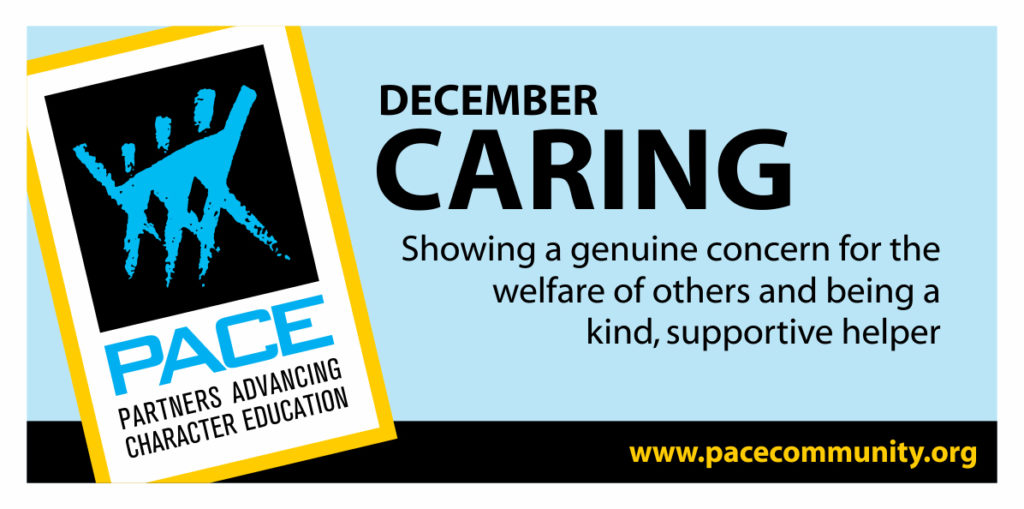
I like smiles, and I even like smiling. But the truth is, I often don’t feel like smiling. Stress often squashes the smile.
I can’t count the number of times I’ve heard a superstar athlete say, “I’m just so blessed, I’m so thankful for everything.” And to be honest, I respond with some skepticism, “I’d be thankful to too if I were in your shoes.” Championships, hundred million dollar contracts, multiple luxury homes, future secured. Being grateful would be easy; smiling would be easy! But in real life, it seems hard, even elusive.
Recently I read comments from Stephen Curry, face of the Golden State Warriors. But he wasn’t commenting on their two championships in three years, or how he landed one of the most massive contracts in NBA history. He talked about his time as the smallest kid on his team; he discussed being unranked in high school, and downplayed in college. And get this, he said he was GRATEFUL for those times. What? How could he be grateful for the hard things; the challenges; the disappointments. That doesn’t seem to make sense.
So what is gratitude, and where does it come from?
I had the privilege of climbing Mt. Rainier in 2001. Crampons, ice axes, tired legs and bursting lungs. I remember standing around 12,000’ elevation and looking up at a huge serac jutting out of the glacier just above us. A serac is a block of ice crystals pushed up by the movement of the glacier. They are beautiful as the sun glints off them, but they can also be dangerous because they can collapse in unstable conditions. This one was huge, the size of a downtown building or a school, towering above us. And I remember feeling immensely grateful. Not just grateful because it didn’t collapse; not just grateful to be there and see it. Although it was stunning. I was grateful because it reminded me how small I was, how insignificant in the grand scheme of things, and yet how many privileges I enjoyed, and that my life was unique.
Gratitude is a response in life that is sourced in a humble awareness of what’s around you. There will always be those who have more: more stuff, more privilege, more talent. And there will be those with less. And of course some of our life, both the good and challenging, has been done by others. But, some of our life has been created by our choices. A response of gratitude pushes back on both victimization (my life is horrible) and entitlement (I deserve more).
But if gratitude is a response, then it’s also a choice.
Corrie Ten Boom was a dutch woman imprisoned during WWII. She tells a story of how her barracks were infested by fleas. The fleas were horrible. They bit, they itched, they kept her from sleeping. She hated the fleas. But her sister kept prodding her to be thankful for the fleas. It seemed a preposterous idea to Corrie. Later, she learned that the soldiers stayed away from their barracks due to the flea infestation, allowing the woman inside more freedoms than if there had been no fleas.
So gratitude is derived not only from awareness of what’s around me. It also is a choice to see the good in my life. That requires a practiced shift in perspective. Instead of “I can’t” I learn to say, “what resources do I have.” Instead of thinking “this is horrible,” I train my mind to think “how is this challenge a blessing in disguise.”
Stephen Curry is known to have his own brand of basketball – one of the words most often used by commentators to describe his style is joy. You see, that’s the end game. Gratitude is sourced in a humble awareness that chooses to see the good, and it ends in true joy! A grateful person is a joyful person! And joyful people smile a lot!
Steve Stager grew up in Spokane Valley, WA and after time living in Portland and working as a youth pastor with American military families in Germany moved back to Spokane with his wife and four kids in 2015. He pastors Foothills Community Church in the foothills of Mt. Spokane. Steve enjoys serving the community, sports of all kinds, especially outdoor adventure sports, and adventuring as a family.

